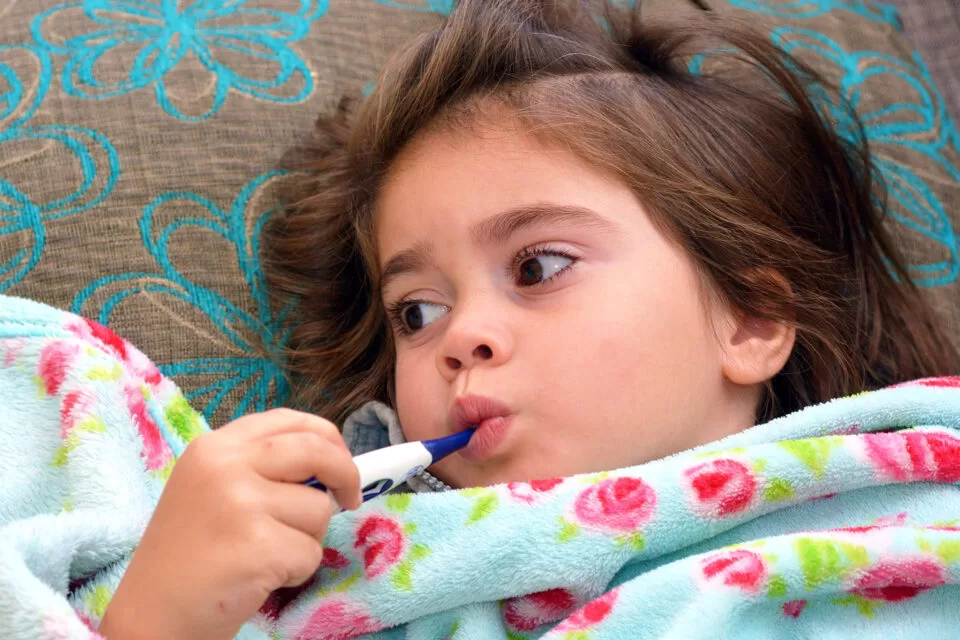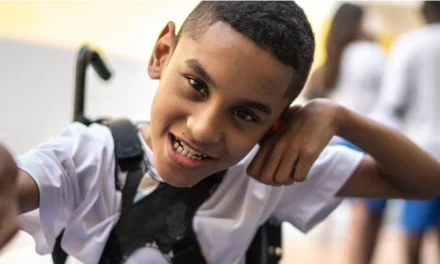In a groundbreaking discovery, researchers from Yale University have revealed that frequent exposure to common cold viruses and bacteria may fortify children against severe COVID-19. The study, published in the Journal of Experimental Medicine, sheds light on how these infections bolster children’s innate immunity, potentially offering protection against the early stages of SARS-CoV-2 infection.
During the COVID-19 pandemic, children notably experienced milder symptoms compared to adults, leading to fewer hospitalizations and fatalities. Scientists attribute this resilience partly to heightened innate immune activity in children’s nasal passages, which acts as an initial barrier against infections.
Senior author Ellen F. Foxman, associate professor of laboratory medicine and immunobiology at Yale, emphasized the significance of their findings. “We suspected that frequent respiratory infections could enhance nasal innate immunity in children,” Professor Foxman explained. “Our study confirms that exposure to common respiratory viruses and bacteria activates antiviral defenses in children’s nasal passages.”
To investigate, the researchers analyzed over 600 nasal swabs collected from pediatric patients during the pandemic. They screened these samples for various respiratory pathogens while measuring levels of antiviral proteins produced by the innate immune system. Results showed that many asymptomatic children, particularly those under five, harbored respiratory viruses or bacteria, correlating with increased innate immune activity.
The study further explored how respiratory infections trigger immune responses in children. Comparing nasal swabs taken from healthy one-year-olds during routine checkups and follow-up visits, researchers found heightened immune activity during infection periods, which subsided when children were virus-free.
“Children’s immune systems are primed by frequent encounters with pathogens like rhinoviruses, which cause common colds,” Foxman noted. “These interactions activate nasal antiviral defenses, preparing children to respond effectively to new infections.”
The research underscores the role of seasonal respiratory viruses in shaping pediatric immunity. Unlike adults, children lack immunological memory from prior exposures, making them more susceptible to such infections. During the pandemic, this enhanced innate immunity likely helped children combat early stages of SARS-CoV-2 infection, contributing to their generally mild COVID-19 outcomes.
“Our findings highlight the crucial role of respiratory viruses and bacteria in boosting children’s nasal innate immunity,” Foxman concluded. “Further research is needed to explore how these interactions influence disease severity in COVID-19 and pediatric immune responses overall.”
The study provides valuable insights into pediatric immunity dynamics and suggests potential strategies for enhancing children’s immune responses against respiratory infections, including COVID-19. As scientists continue to unravel the complexities of immune system interactions, these findings offer hope for understanding and managing infectious diseases in children more effectively.












